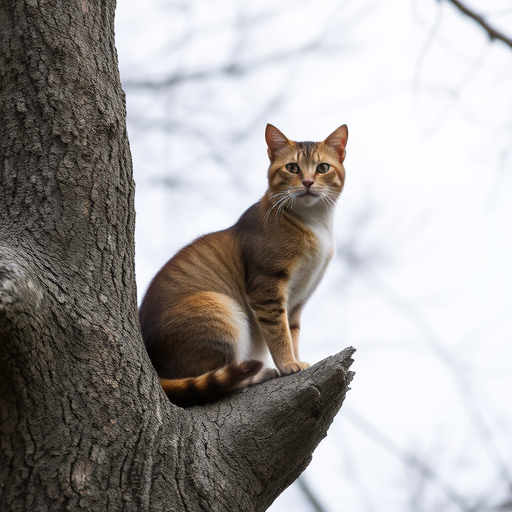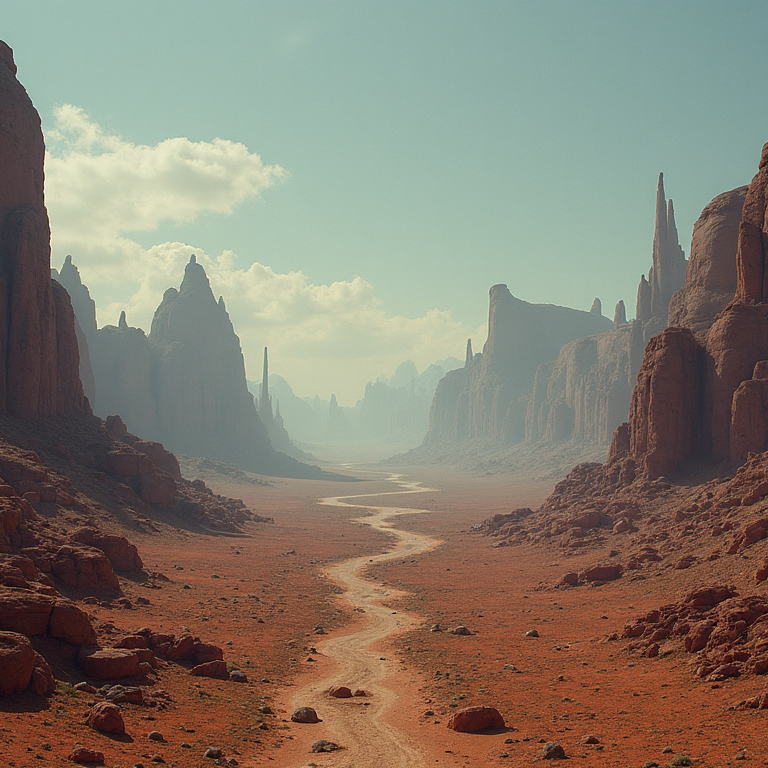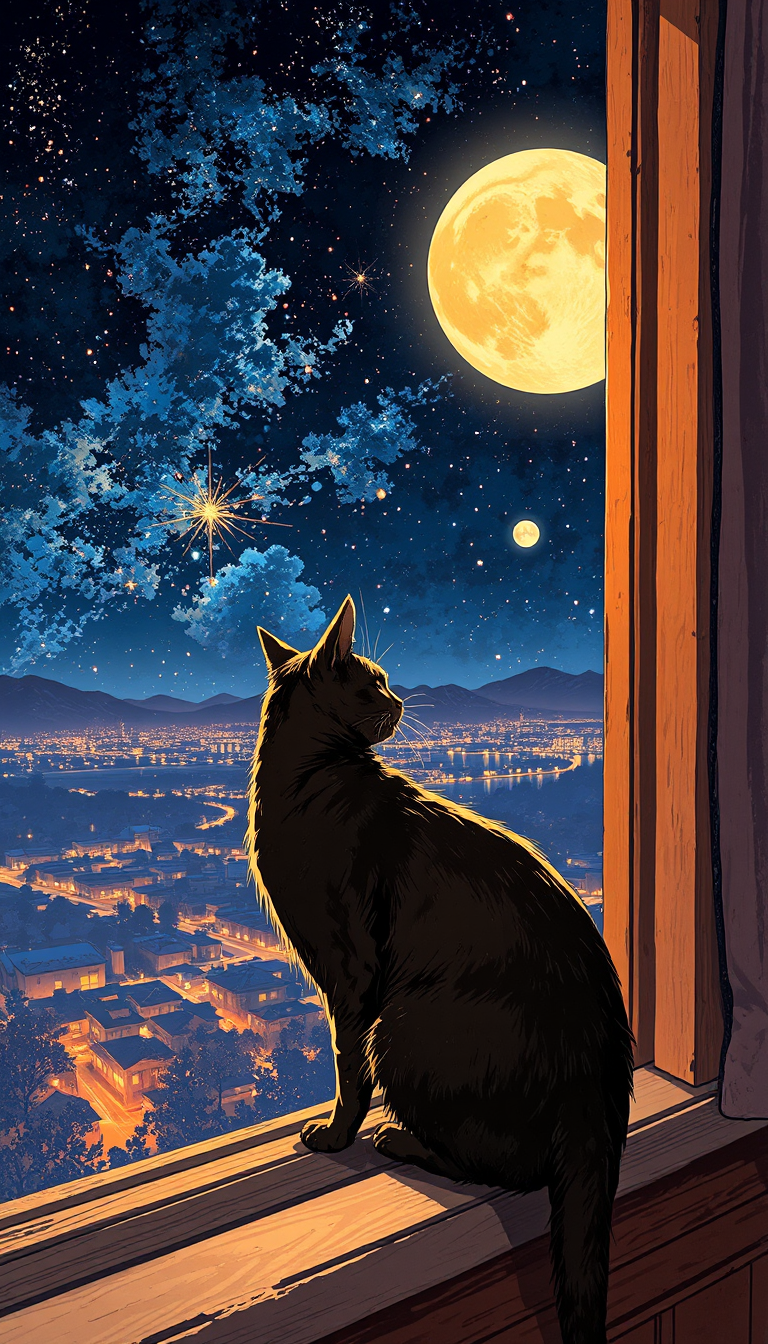flux.swift.cli is a command-line interface (CLI) tool for generating images based on text prompts using the FLUX.1 model.
- Text-to-image generation: Generate images from text prompts.
- Customizable parameters: Control image size, inference steps, guidance scale, and more.
- Model optimization: Options for quantization and float16 precision.
- Multiple model support: Choose between FLUX.1 Schnell and FLUX.1 Dev models.
Download the latest release from the Releases page as a .zip file and extract it to your desired location.
If you prefer to build the project from source, follow these steps:
-
Clone the repository:
git clone https://github.com/mzbac/flux.swift.cli.git cd flux.swift.cli -
Build the project using
xcodebuild:xcodebuild build -scheme flux.swift.cli -destination 'platform=macOS' -derivedDataPath ./dist -
The built binary will be located in the
distdirectory. You can run it directly or move it to a location in your PATH:./dist/Build/Products/Debug/flux.swift.cli
Once extracted, run flux.swift.cli via the command line:
./flux --prompt "A cat is sitting on a tree" --width 512 --height 512 --steps 4 --guidance 3.5 --output output_image.png --quantize--prompt <prompt> # The text prompt to generate an image from (default: "A cat is sitting on a tree")
--width <width> # Image width (default: 512)
--height <height> # Image height (default: 512)
--steps <steps> # Number of inference steps (default: 4)
--guidance <scale> # Guidance scale (default: 3.5)
--output <path> # Output image path (default: "output_image.png")
--repo <repository> # FLUX model repository (default: "black-forest-labs/FLUX.1-schnell")
--seed <seed> # Random seed for generation (default: 2)
--quantize # Enable model quantization
--float16 # Enable float16 precision (default: true)
--model <type> # FLUX model type: "schnell" or "dev" (default: "schnell")
--hf-token <token> # Hugging Face API token (required for dev model)
--lora-path <path> # Path to the LORA adapter file- FLUX.1 Schnell: The default model, optimized for faster inference.
- FLUX.1 Dev: A non commercial model that requires a Hugging Face API token.
To use the FLUX.1 Dev model, you need a Hugging Face API token with "Read access to contents of all public gated repos you can access" permission. Use the --model dev and --hf-token options:
./flux --model dev --hf-token YOUR_HF_TOKEN --prompt "Your prompt here"FLUX.swift.cli now supports LORA (Low-Rank Adaptation) adapters for fine-tuned image generation. To use a LORA adapter:
- Find a compatible LORA adapter file (.safetensors format)
- Use the
--lora-pathoption to specify the path to the LORA adapter file or the id of the adapter on Hugging Face
Example:
./flux --prompt "A portrait in the style of Van Gogh" --lora-path /path/to/vangogh_lora.safetensors --output vangogh_portrait.pngNote: Ensure that the LORA adapter is compatible with the FLUX model you're using.
- Generate an image using the default FLUX.1 Schnell model:
./flux \
--prompt "A futuristic cityscape" \
--width 1024 \
--height 1024 \
--steps 10 \
--guidance 5.0 \
--output futuristic_city.png \
--quantize- Generate an image using the FLUX.1 Dev model:
./flux \
--model dev \
--hf-token YOUR_HF_TOKEN \
--prompt "An alien landscape" \
--width 768 \
--height 768 \
--steps 20 \
--guidance 5.0 \
--output alien_landscape.png \
--quantize- Quick try with minimal parameters:
./flux \
--prompt "A serene mountain lake" \
--quantize- Generate an image using a LORA adapter:
./flux \
--prompt "GHIBSKY style, a cat on a windowsill gazing out at a starry night sky and distant city lights" \
-q \
--guidance 7.5 \
--lora-path aleksa-codes/flux-ghibsky-illustration \
--output ghibsky_cat.png \
--seed 2 \
--width 768 \
--height 1344



